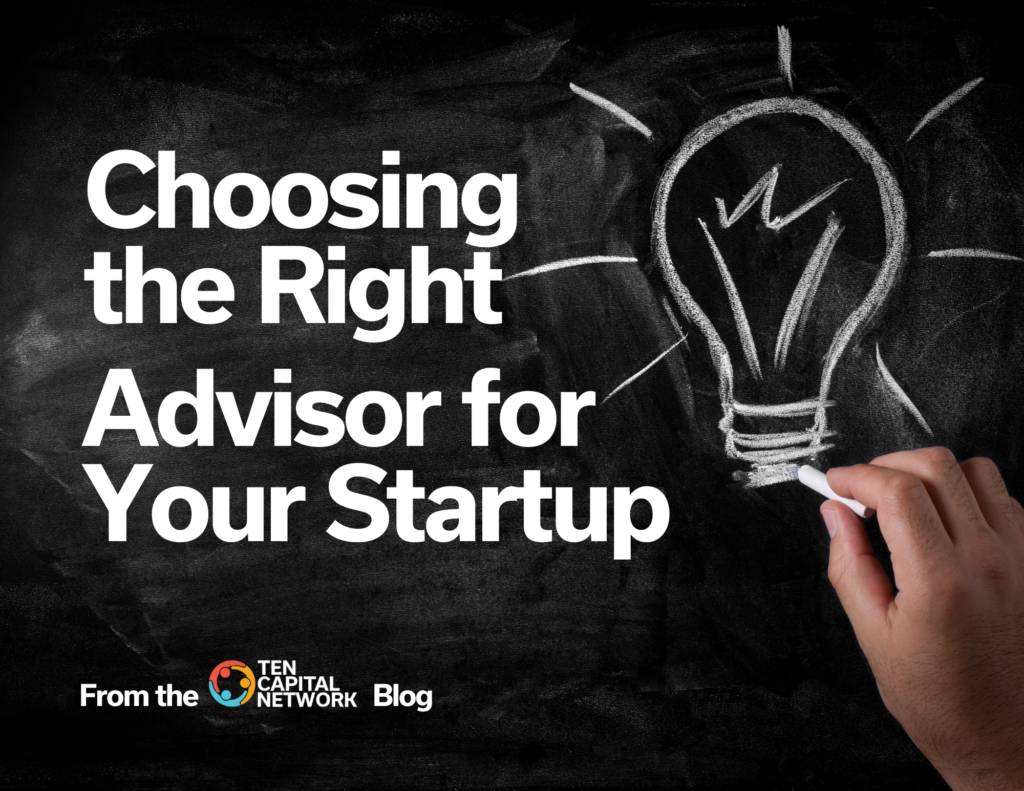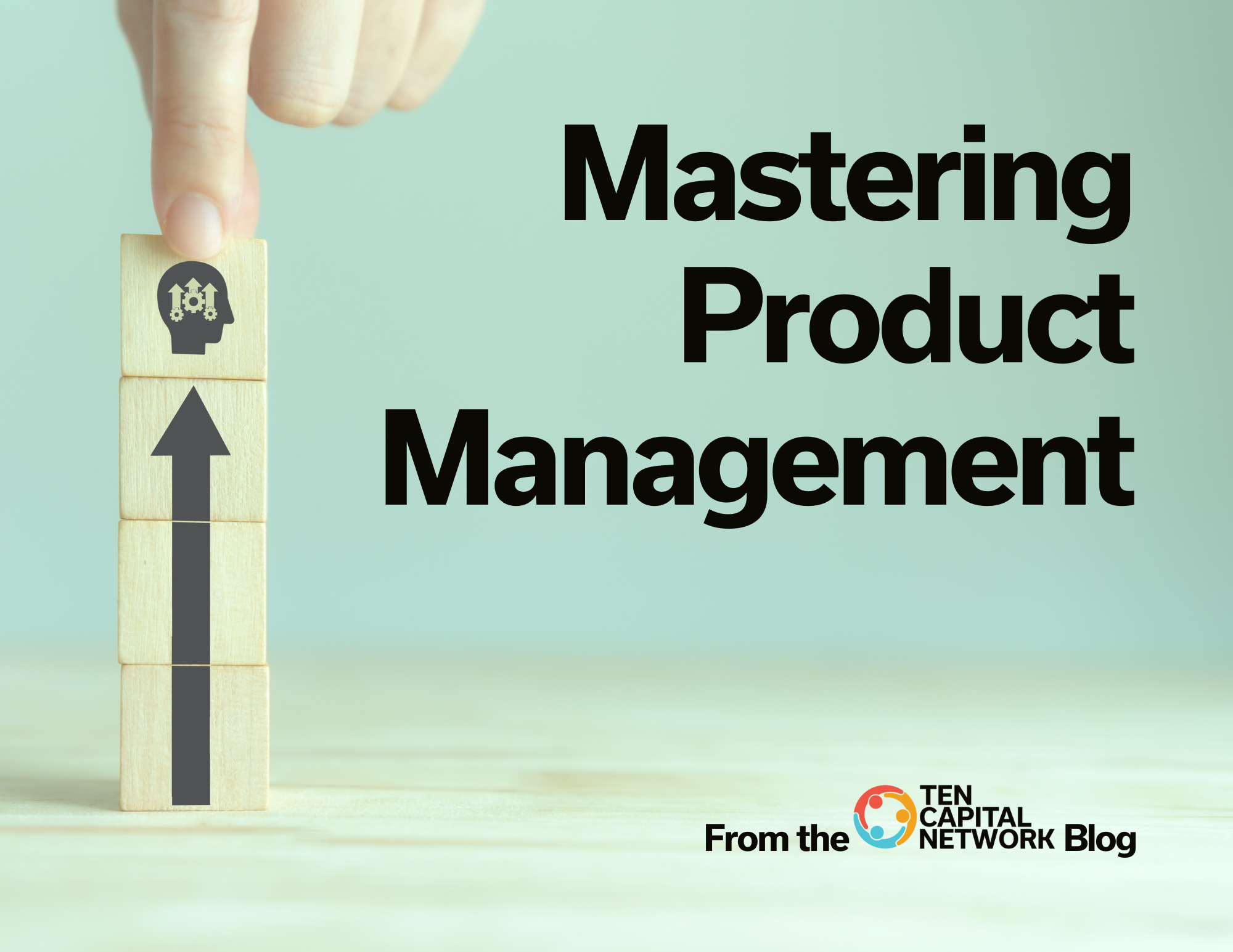2 min read Advisors can bring many benefits to a startup organization. Advisors bring along experience, networks, and other resources that the startup team can take advantage of. However, this only works if you choose the right advisor for your startup. You’ll need to do your due diligence while recruiting to ensure that their skills and resources match your organization’s needs and interests. Let’s take a look at how to choose the right advisor for you and your team.
How to Recruit an Advisor
Good advisors bring good value to your startup. Great advisors bring great value. This is why it is important to spend time identifying the right advisor for your startup.
In recruiting an advisor, pose specific questions and gauge the response. How does the advisor rank compared to feedback from other sources? The advisor you choose should provide the best or near best of responses. If they advise other startups, you can ask those startups about their experience.
How to Select an Advisor
Once you decide you need an advisor, you’ll need to find and select one.
Here are some key points to consider:
- Start with your network and expand out from there.
- Hold several conversations with the candidate advisor before deciding.
- If you need to raise awareness for your startup, consider a thought leader in the industry.
- Find a mutual connection who can make an introduction.
- Look for someone who compliments your skills.
- If the candidate does not come from a trusted source, consider running a background check.
- Focus on those who understand your strategic vision and at some level, support it.
- Discuss their time availability to see if they can commit to your company.
- See if they can take their experience and apply it to your business.
- Avoid the war stories advisor who tells about his experience but relates nothing to your company.
- Look for an advisor who has some empathy for your work.
Does Your Advisor Have What It Takes?
In recruiting an advisor, check to see if they have what it takes to succeed:
- Have they been through the wringer? Those who have been tested, such as nearing bankruptcy or going bankrupt, will have a deeper understanding of the challenges in running a startup.
- Will their work with you put them in conflict with their current or past employer? Those who want to compete against their previous employer may not be the best to begin a collaboration with.
- Are they all show and tell but haven’t built a company before? They may not have created a unicorn, but did they stand up a business and grow it? Ask for something that they put together.
- Are they invested in your business with their money in addition to their time? Where they put their money says a great deal about their interest.
- Will they learn something from the engagement just as you are learning from them? This will make the project that much more interesting to the prospective advisor.
- Can they relate to your situation directly? Those who can only rehash past experiences may not appreciate the differences between their past and your needs.
Read more on the TEN Capital Network eGuide: Startup Advising: Best Practices

Hall T. Martin is the founder and CEO of the TEN Capital Network. TEN Capital has been connecting startups with investors for over ten years. You can connect with Hall about fundraising, business growth, and emerging technologies via LinkedIn or email: hallmartin@tencapital.group





